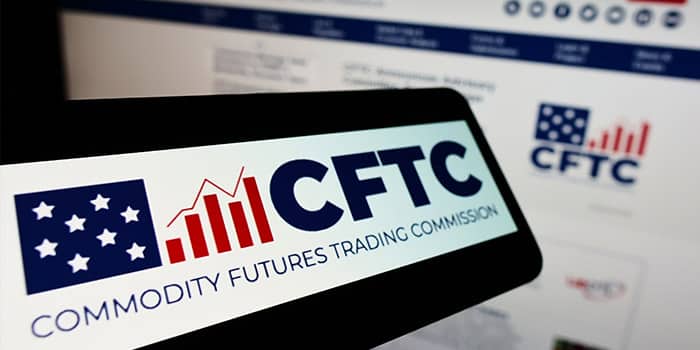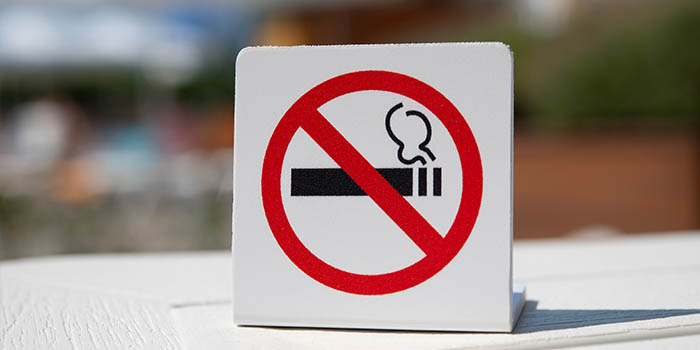- Casino
- By State
- Alabama
- Alaska
- Arizona
- Arkansas
- California
- Colorado
- Connecticut
- Delaware
- Georgia
- Florida
- Hawaii
- Idaho
- Illinois
- Indiana
- Iowa
- Kansas
- Kentucky
- Louisiana
- Maine
- Massachusetts
- Maryland
- Michigan
- Minnesota
- Mississippi
- Missouri
- Montana
- Nebraska
- Nevada
- New Hampshire
- New Jersey
- New Mexico
- New York
- North Carolina
- North Dakota
- Ohio
- Oklahoma
- Oregon
- Pennsylvania
- Rhode Island
- South Carolina
- South Dakota
- Tennessee
- Texas
- Utah
- Vermont
- Virginia
- Washington
- West Virginia
- Wisconsin
- Wyoming
- By State
- Slots
- Poker
- Sports
- Esports
Louisiana Loses Millions in Gambling Tax, Will Sports Betting Help?

The COVID-19 pandemic impacted multiple U.S. industries last year. Besides temporary closures, the pandemic led to a significant decrease in gambling tax revenue in Louisiana.
The Pandemic Significantly Impacted Multiple Industries
The global COVID-19 pandemic made 2020 a difficult year for businesses across the globe. The U.S. was one of the countries that has felt the devastating impact of the pandemic, which affected the daily life of millions of Americans. Last year also proved to be difficult for the casino industry. Nearly all states have introduced temporary closures of various businesses with different duration, all starting from March 2020.
Although 2020 was a difficult year, many states have taken the road to legalizing sports betting, following the 2018 Supreme Court Ruling that deemed PASPA unconstitutional. While some states like Iowa have already completed the process and operators are launching their sports betting apps, others like Florida are yet to initiate the legalization during this year’s legislative season.
The casino, entertainment, hospitality, and leisure industries in Louisiana have also felt the pandemic’s impact. Restaurants, casinos, bars, hotels, movie theaters, and many other venues have indicated millions in losses as a result of the pandemic.
“All in with the reduced ability to support customer demand and the non-gaming amenities, the loss to the state will be in excess of $100-million,”
said the Louisiana Casino Association Executive Director, Wade Duty for Radio.com
According to Wade Duty, Louisiana Casino Association Executive Director, who spoke with Radio.com earlier this week, the state has lost more than $100 million in taxes. Furthermore, according to him, the non-gaming revenue has also suffered losses similar to the rest of the entertainment and dining sectors.
Will Sports Betting Tax Help Louisiana’s State Coffers?
Another point which Duty raised was regarding sports betting and how the activity would be offered and taxed. He acknowledged that the competition from neighboring states combined with the COVID-19 restrictions have severely impacted Louisiana’s casinos.
Focusing on the bright side, sports betting in Louisiana was legalized in 55 parishes after passing November’s ballot last year. Although the legislature in the state is yet to determine taxation, licensing, and whether online, retail, or both types of betting would be offered, Louisiana residents may not have to wait long. Undoubtedly, once the state pushes forward and allows the launch of legal sports betting, the tax revenue will aid the state’s coffers.
Jerome brings a wealth of journalistic experience within the iGaming sector. His interest in the industry began after graduating from college, where he regularly participated in local poker tournaments. This exposure led him to the growing popularity of online poker and casino rooms. Jerome now channels all the knowledge he's accrued to fuel his passion for journalism, providing our team with the latest scoops online.
Previous Article

Business
January 3, 2021
Former Amateur Footballer Richie Paxton Shares His Story Ahead of Launching Counselling Business

Must Read
More Articles




Casino
April 18, 2025
Florida HB Seeking to Upgrade Illegal Gambling Punishments

Legal
April 17, 2025
Appeal to Keep Evolution’s Accuser Anonymous Denied

Lottery
April 17, 2025
CTLC Says Its Members Didn’t Violate the Texas Law












